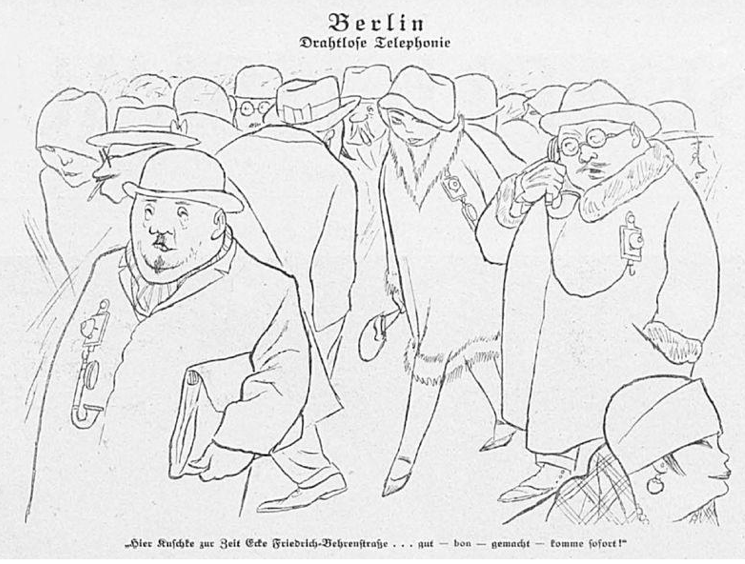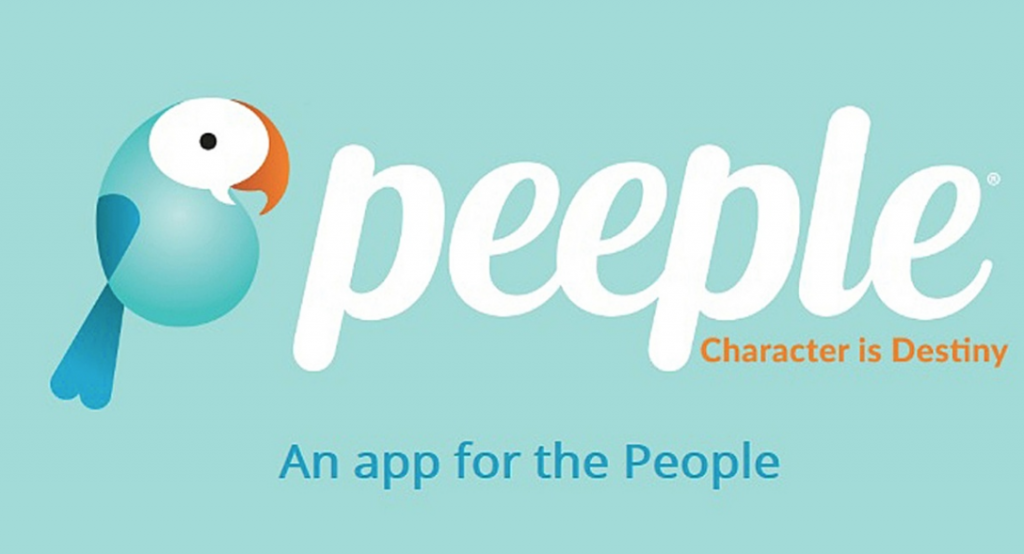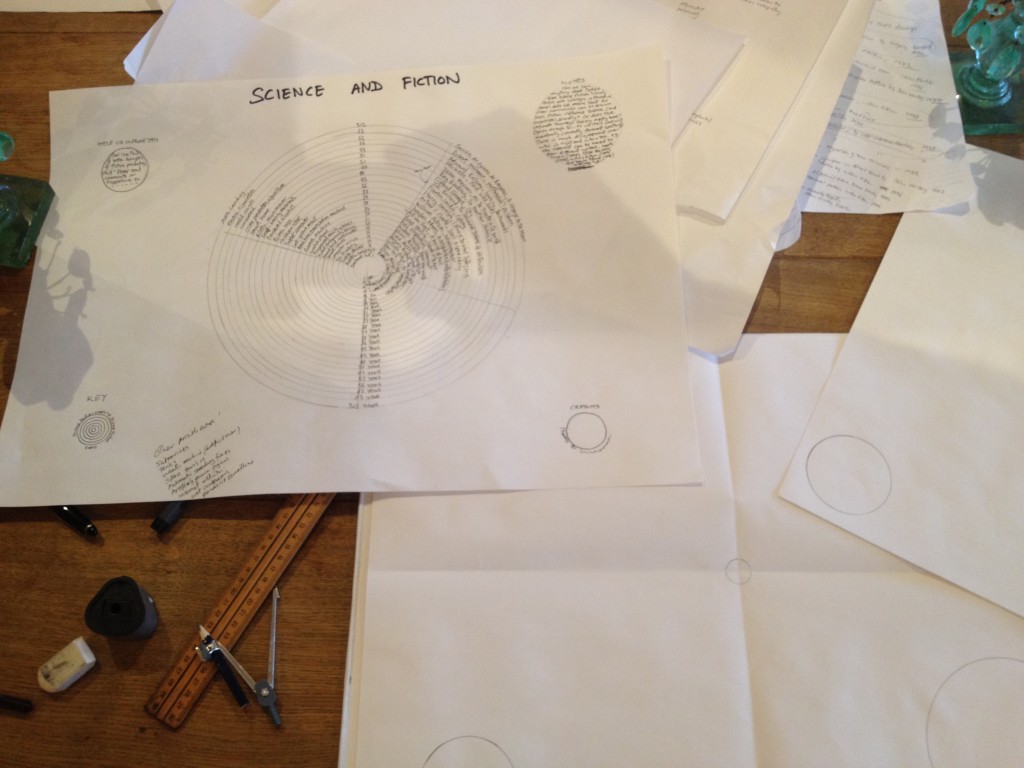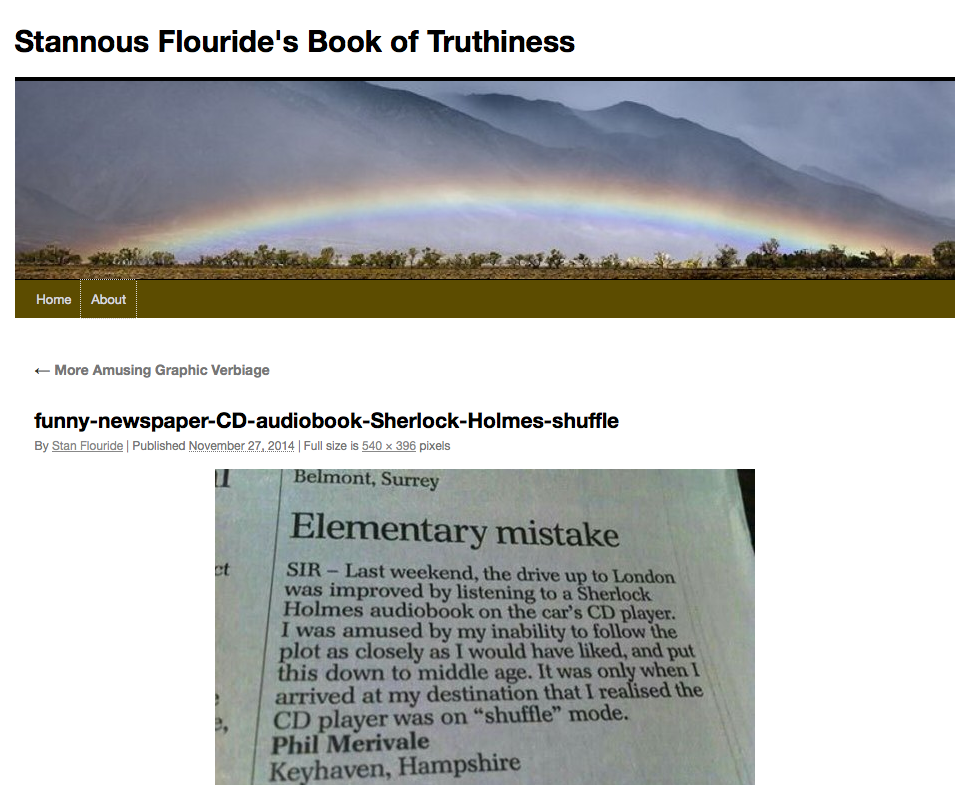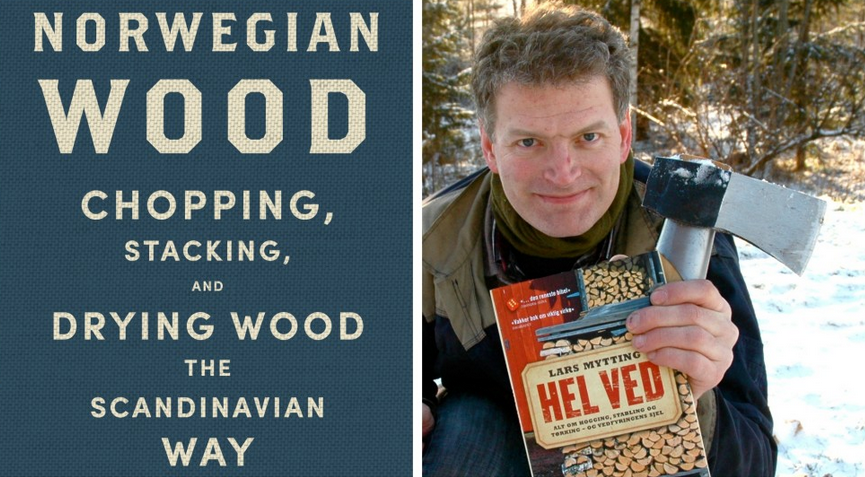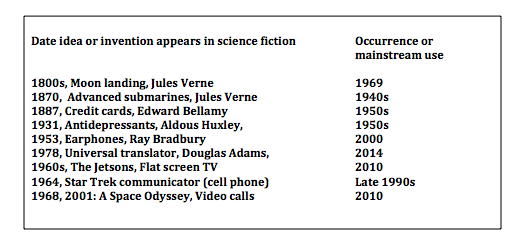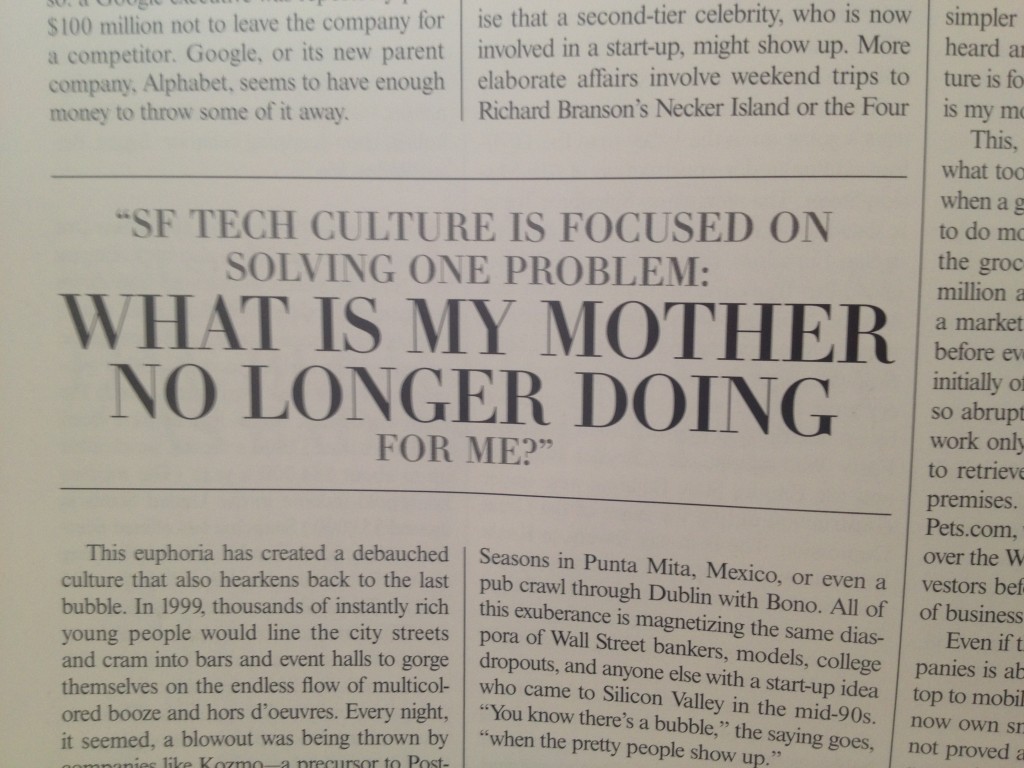Still working through whether or not there might be a good graphic in the linkages between scientific fact and speculative fiction. In this vein, came across this today, which is one of the best things I’ve read about trends and counter-trends, especially with regard to technology. Full article from the Guardian here.
“It’s always wrong to extrapolate by straightforwardly following a curve up,” he (Kim Stanley Robinson, a sci-fi writer) explains, “because it tends off towards infinity and physical impossibility. So it’s much better to use the logistic curve, which is basically an S curve.” Like the adoption of mobile phones, or rabbit populations on an island, things tend to start slowly, work up a head of steam and then reach some kind of saturation point, a natural limit to the system. According to Robinson, science and technology themselves are no exception, making this gradual increase and decrease in the speed of change the “likeliest way to predict the future”.
“We might be in a very steep moment of technological and historical change, but that doesn’t mean that it will stay that steep or even accelerate.” Practical and theoretical constraints, which go beyond even problems such as climate change with which we’re struggling now, will eventually slow us down, Robinson continues. “What I’m assuming is that there are some fundamental issues that are going to keep us from doing things much more spectacularly than we are now.”

